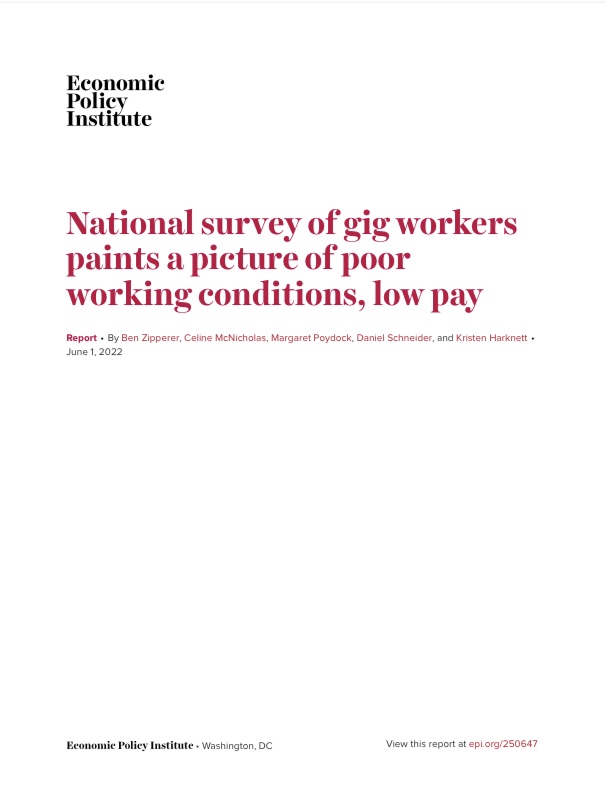Relationship between Social Security Programs and Elderly Employment in Japan
By Takashi Oshio, Satoshi Shimizutani & Akiko S. Oishi This study examines how elderly employment is associated with social security programs and how it responds to recent reforms in Japan. To this end, we employed a rich and longitudinal dataset of middle-aged and older individuals collected between 2005 and 2018. By incorporating various factors related to social security incentives into a single index of implicit tax (ITAX), we confirmed that the index successfully captured the incentives and their changes incorporated...










